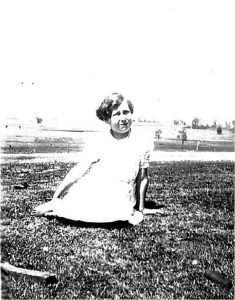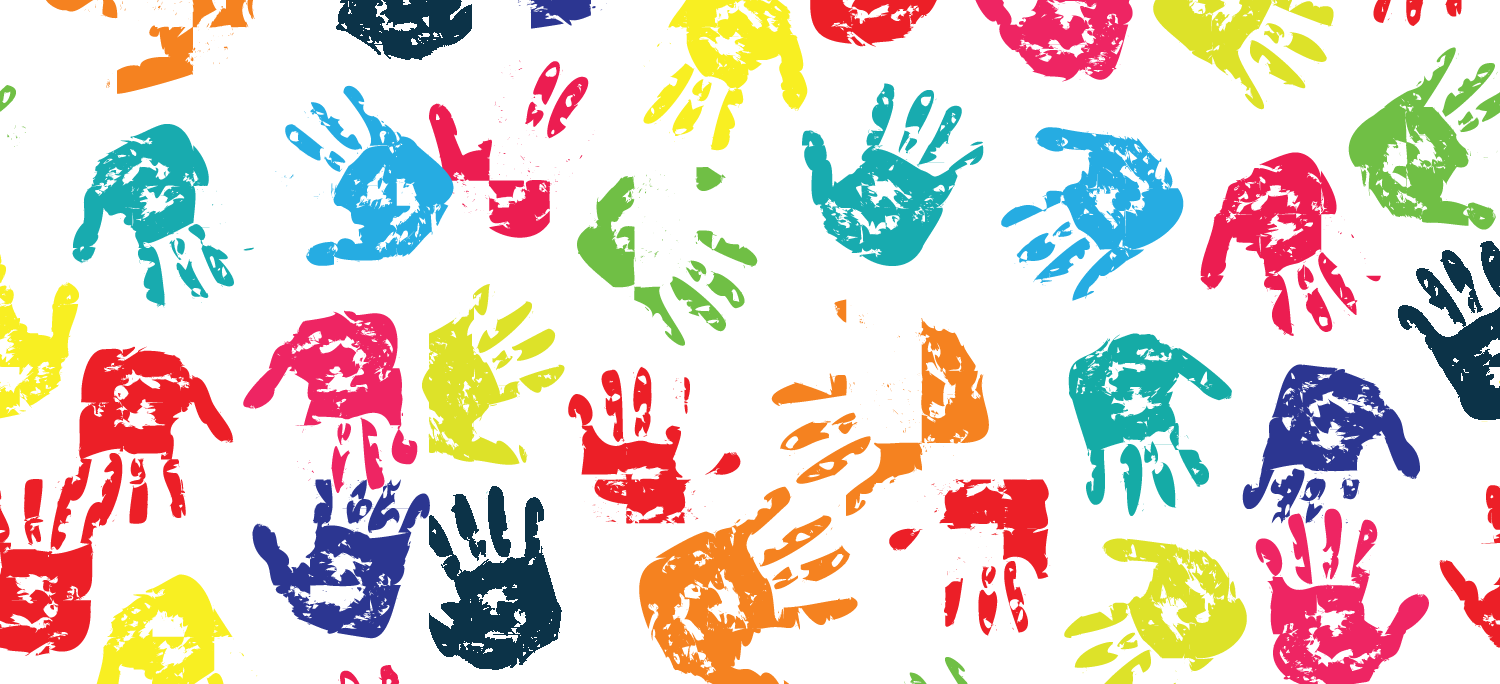THE REMARKABLE, HEARTWARMING STORY OF COURAGE AND SURVIVAL AS TOLD BY JUNE, A BURN SURVIVOR.
Burned in 1942 with WW11 still wreaking havoc June was told to “Be a hero like the brave soldiers in the second world war…. do not cry when having treatment”. The legacy of that comment which was meant to encourage bravery in the face of indescribably painful treatment is that June continues to withhold her tears “no matter how upset I may be – but my whole body stiffens and my hands still clench whenever I have to have any medical treatment minor or large.”
June (Morrison) Finkelde 16th June 1933
We were happy kids growing up on a rented farm at Cedar Point on the North Coast of NSW.
In turn we rode a Shetland Pony to Primary School 2 miles down a country lane meeting up with other children along the way, some on horseback, many on feet. Every school day was a great reunion.
Home from school it was a glass of milk and some “goodies” Mum had baked in here wooden stove. Then helping with the chores – milking, calves, pigs, poultry to be fed. I clearly remember standing on a wooden butter box to turn the wheel of the corn cracker for meal for the poultry.
This ideal life all ended when about 5:00pm on the 1st May 1942, when I was helping my father (recovering from surgery) to get the evening meal. My brother and sister were doing the milking of cows with Mum. Dad lit the primus and a huge ball of fire landed on my chest. I was 8 years old and probably 2 meters away. I ran outside. My father came rushing out with the eiderdown to smother the flames.
I remember him carrying me ins ide, then he rang the ambulance, several miles away, rushing to the dairy to get mum and send the other kids to a neighbour.
ide, then he rang the ambulance, several miles away, rushing to the dairy to get mum and send the other kids to a neighbour.
I thought I was so lucky to have a ride in a vehicle . A real luxury for us there, as we only had a horse and sulky. I remember being taken into the hospital at Kyogle and lots of people, then … I woke up at some time and told mum to stop crying, I was OK then.
How long I was unconscious, I don’t know, but I do know the Doctors told the parents I wouldn’t survive the night. When I did eventually come to, I asked the Doctor could I please have some jelly and custard – a real luxury for us as we had no electricity or fridges.
The following weeks, months, years were torturous! There was no real treatment and certainly no pain relief! Just something mixed in water – very gitty.
I hated Mondays, Wednesdays and Fridays! The days I was put in a hot bath to have bandages and gauze dressings changed. Oh how miserable this time was – I can still remember the smell of pus and it’s unpleasantness.
I was confined to bed but as a farm kid it didn’t suit me! Eventually nurses let me put my legs over the edge of the bed for a short time – how my toes tingled! Gradually I was promoted to a wheelchair, but I wanted to walk! So unbeknown to anyone I was walking hanging onto furniture. Then I was sprung! Our GP come surgeon , come everything those days was stunned when I walked down the hallway to meet him!
All sorts of treatments were tried – being in a heavy, smelly plaster for 6 weeks – skin grafts – blue stone, whatever that was, and burnt deeply. Probably others I didn’t remember.
Once I could walk plans were made for going home, on the condition I came back to outpatients Monday, Wednesday and Friday for dressing changes. Eventually my Mother took over at home some of these procedures, however, the best cure appears to be when the family went to Yamba for a holiday. The bathing in the sea water worked magic.
There was no compensation form the Department store where evidently an employee was careless. When the bottle was analysed there was no evidence to prove anything. Today it would be different. The local community raised 20 pounds for the parents – a huge effort – remember everyone was poor and it was towards the end of world war two. The whole episode affected our family relationships deeply.
So eventually back to Primary School. The kids were great but the teacher a bully teaching by terrorising.
I was off-loaded to high school – far too soon – teachers there ignored people with disabilities. I was put at the back of the room to be forgotten.
I was devastated when I almost came last in the first half yearly exams. It tore me apart. So I worked hard, by myself and by the end of the year I came 11th out of 30 students.I was elated! But more joy was to come when I was included in a one-off special shorthand/typing class where we went to TAFE (or Tech in those days) to do typing.After gaining my Intermediate Certificate I left School to go to Tech at Kyogle to learn Women’s Handicrafts (Fashion). Whilst doing so I was advised to train for a Tafe Fashion Teacher.
I had to spend 1954 in Sydney to complete my training. This bush kid was terrified in Sydney. I was poor, walking everywhere to save a few pennies, no lunches! Then I gained a job shovelling coal into a boiler to keep the hot water going – a 3am start. Back to bed for a while, then help in the dining room
I graduated from Tafe at the end of 1955 then appointed from 1955 to 1988 to East Sydney, then Coffs Harbour, Newcastle, Morriset, Raymond Terrace, Casino, Kyogle, Woodorebong, Leeton, North Sydney, East Sydney, Wagga Wagga where I was Head Teacher, then Senior Head Teacher followed by Regional Senior Head Teacher. While in Wagga I was asked to relieve as Principal at Coomar, Young, Leeton, Finley and Albury. My days in Fashion were when you were told where to go and often at short notices. It was at the time of married woman re-entering the workforce. I support married women in the workforce, but at that time they used their status, in many cases, to avoid the difficult jobs! At times it hurt deeply to see them always favoured, over single teachers.
In 1998 I applied for, and was successful, in being appointed to Leeton as Principal. A wonderful ex
erience with a great community and great staff.
At the end of 1993 I retired. It was at a time where non-educationalist were employed, and preferred to older personnel who had devoted their entire working life to better education in the area where they worked.
Many of us felt so isolated. Tafe management didn’t care. I often found women worse than men in the workforce. Maybe it was because men could see past how you looked and recognise the work ethics and experience in your work.
Of course in 1942 there was no Medicare, no Counselling, no support groups etc. Just a wonderful GP. Everyone in the area was poor, but the local community collected and gave my parents 20 pounds. A lot of money from a struggling community.
Naturally I was spoilt! The whole experience tore our family apart. My brother (now deceased) and I were very close (12 ½ months between us) and I was very close to my Mother.
I have experienced endless rounds of medical treatment. Initially surgery on my neck and chest to give me head movement, then on my right fingers, waist and arm to give better movement. On-going there has been removal of old irruptive scar tissue frequently.
In between appendicitis (4 weeks in hospital) similar with one very large gall stone, a broken wrist refusing to mend (3 months in plaster) cataracts removed, and feeling as if I was going to collapse at different times – the specialist had a Pacemaker inserted. It changed my life so much.
Prior to leaving work I was always sick, losing weight and thought my days were slipping away quickly when a clever GP kept challenging pathology tests and eventually I was diagnosed being Celiac (from 70 kilos I had gone to 48 kilos) I was a skeleton rattling around!
Being Celiac in 1998 in Wagga was a nightmare! Plenty of meat, limited fish, lots of fresh fruit and vegies, but anything else had to be sent for. Learning to make bread in a very different way was challenging, also baking cakes and biscuits. Today thank goodness it’s much improved.
Then in July 1997 when I was very ill, I met a man while out walking who was experiencing difficulties of his own. Howard was so good to me – he was there when my brother died suddenly, he was there when I had to sell the farm, he was there to help me bring Mum to Wagga to live with me.
After all this upheaval we were married on the 26th April 1999. Our life was full of love and laughter before he became ill. I was able to care for him at home until a short time before he died. The 15 years we shared were like a fairytail.
Today for people with any disability – never look back, never say what if – just aim to be the best you can and always help others where you can. Remember times have changed and people do care about you.
I firmly believe God gives the biggest cross to those who can carry the load.
June Finked 2017 June (Morrison) Finkelde

